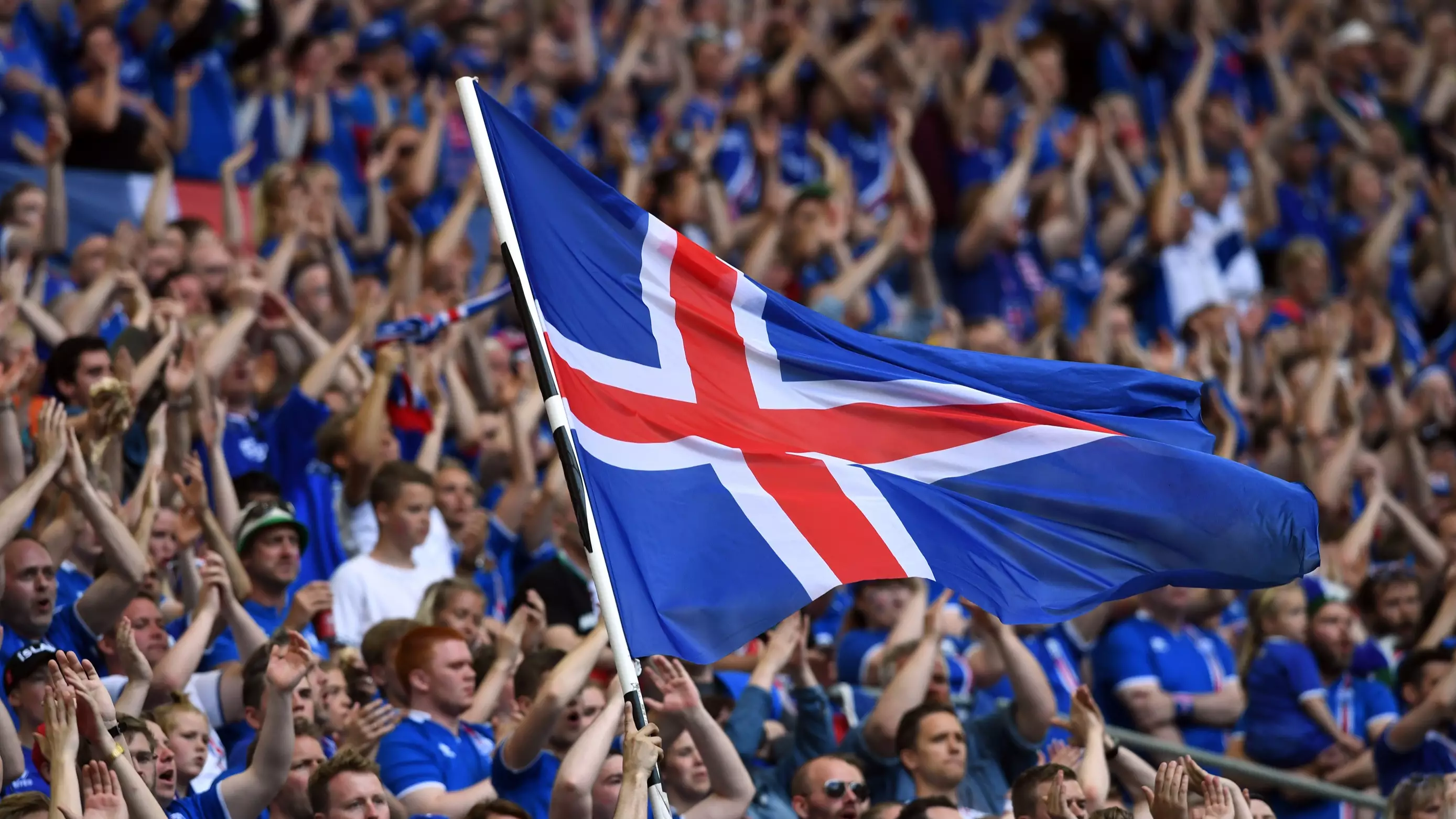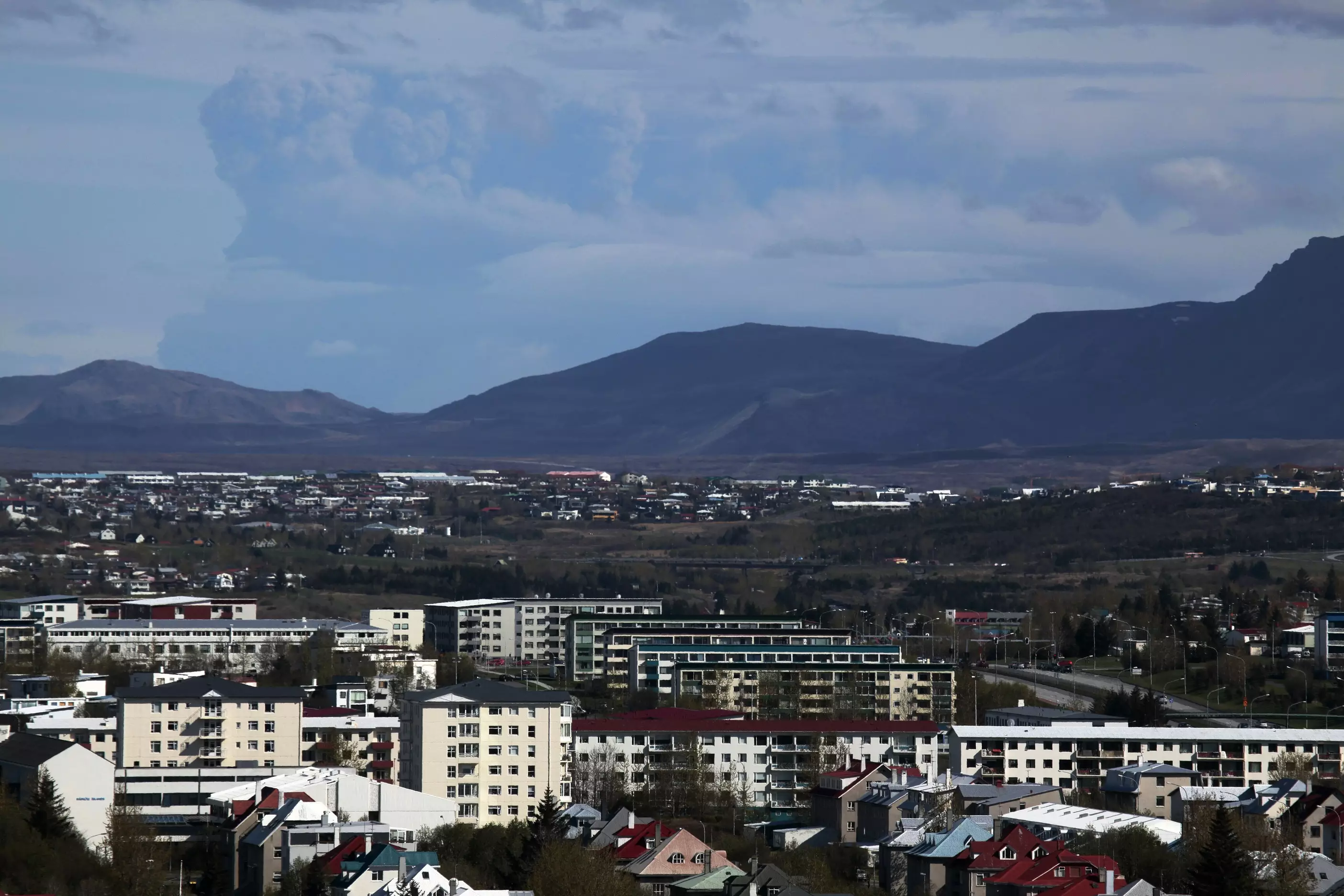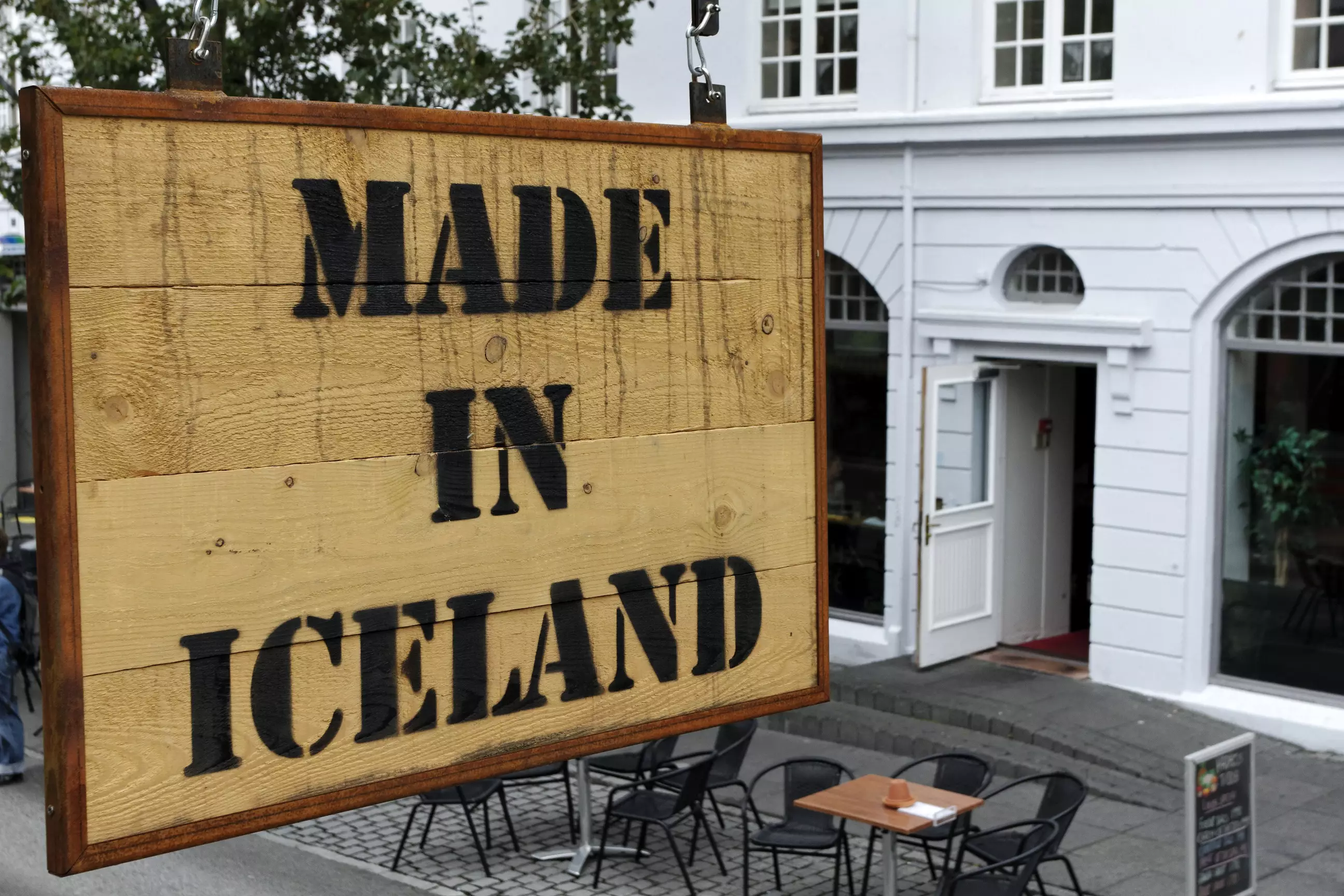
Iceland is a country that routinely punches above its weight.
They knocked England out of the European Championships in 2016, qualified easily for this summer's World Cup in Russia, and they have a huge presence on the musical stage.
This is all despite having a population that at the last count was about 335,000 people.
Possibly the most radical thing they have done in recent years is with regards to their youth drugs and alcohol figures, which in 1997 were the highest in Europe, but are now the lowest.
In just over 20 years they have brought the number of kids who have recently been drunk down from 42% to just 5% - they have the cleanest living teenagers in Europe.
Advert
They've gone about it in a pretty unique way too.
It began with the ideas of American Harvey Milkman, who realised in 1992 that kids who get into drugs and drink are seeking out chemical changes in the brain.
He figured out that if they were given naturally stimulating things like exercise, music, and art, they could replicate the high without the drugs.

He said: "Why not orchestrate a social movement around natural highs: around people getting high on their own brain chemistry - because it seems obvious to me that people want to change their consciousness - without the deleterious effects of drugs?"
He brought his ideas to Iceland, and they started to listen. In particular, one researcher called Inga Dóra Sigfúsdóttir
She thought that if you can use this method to get kids to stop taking drugs, why not use them so that they never start?
They had every kid in Iceland fill in a survey called Youth in Iceland. This helped to identify what the problem was and - just as important - where the problem areas were.
Advert
Laws were changed to make alcohol and tobaccos less available, curfews were put in place to stop under 16s being out after 10. Parents were made to sign agreements to spend more family time with their kids.
Kids are also given a 35,000 krona (£250) grant to spend on after school activities, whether that is music, football, or whatever. The benefits have been massive.
Every year the survey is completed again. This gives them a constant stream of data to analyse and see how the project is working.

In the first five years the number of children playing sport 4 times a week almost doubled. Kids spending time with their parents regularly doubled. Most importantly, drinking, smoking and substance abuse went significantly down.
Sigfúsdóttir told The Independent: "We learned through the studies that we need to create circumstances in which kids can lead healthy lives, and they do not need to use substances, because life is fun, and they have plenty to do - and they are supported by parents who will spend time with them."
Obviously the difference in scale of the operation needed in Iceland compared to countries such as the UK is massive, but so - potentially - are the benefits.
Other countries are looking to Iceland's example and finding that it's working, so perhaps it's worth a shot.
Featured Image Credit: PA